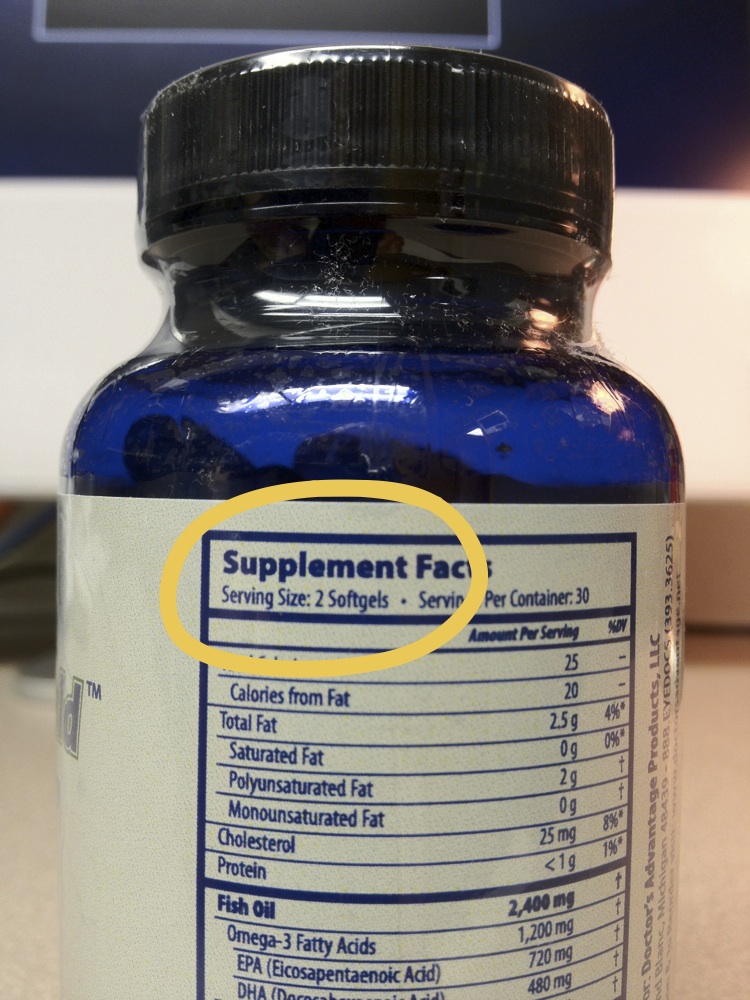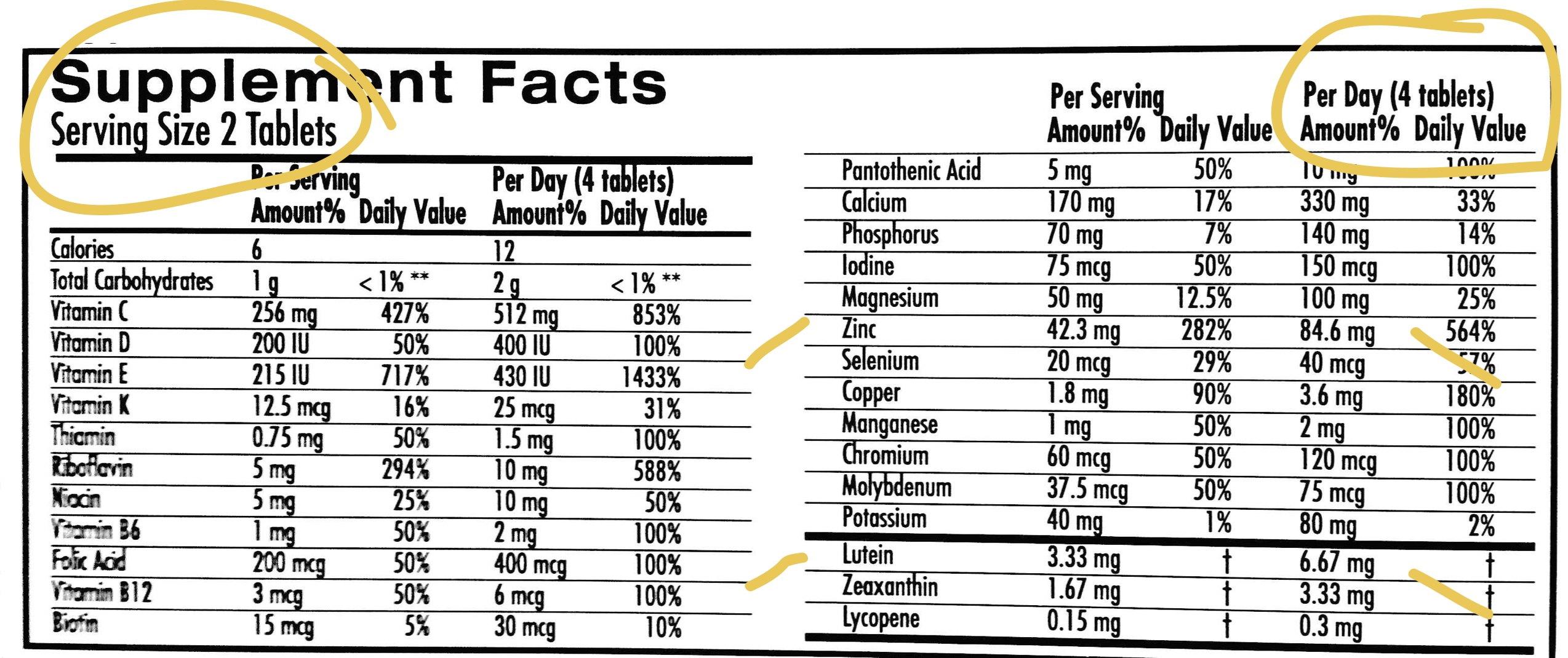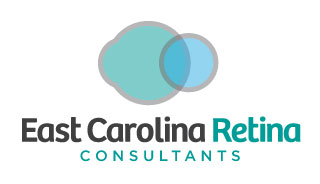New Treatment for Macular holes
Recent approval of Jetrea (Ocriplasmin) to treat symptomatic VMA (Vitreo Macular Adhesion) has opened up a new era in non surgical management of macular holes. Previously only a hospital based surgery was able to reverse the process of macular hole development but now a new drug can be injected into the eye painlessly in the office and within a few weeks the process reverses back to more normal vision levels.... more
FDA Approves ASRS Leader's ArgusŪ II Artificial Retina
On February 14, the FDA approved the Argus II artificial retina developed by ASRS Executive Committee and Board Member Mark S. Humayun, MD, PhD.
This breakthrough technology is the first ever to offer limited vision to patients with late-stage retinitis pigmentosa (RP).
Second Sight Medical Products (Sylmar, CA) manufactures the Argus II implant, which has 60 electrodes and a tiny camera mounted on eyeglasses to capture images.
The FDA approved Argus II for adults age 25 years or older with severe to profound RP. About 10,000 to 15,000 of the 100,000 Americans with RP will qualify for Argus II. Up to 4,000 patients a year can be treated with the device.
Macular degeneration and Aspirin?

Aspirin and Macular degeneration... is there an increase in the wet form of macular degeneration in those patients taking aspirin? The wet form develops quicker than the dry form. It may only be related to the fact that you are more likely to take aspirin if you have medical problems like stroke or heart attacks in the past and these conditions are more commonly associated with wet age related macular degeneration. ... more

Patient Education
Nutrition Therapy that may help ARMD (Age-Related Macular Degeneration)
Although the exact causes of ARMD are not fully understood, multiple recent scientific study shows that antioxidant vitamins (vitamins C, E, and beta carotene) and zinc may reduce the impact of ARMD in some people with the disease.
The study showed that among people at high risk for late-stage macular degeneration, a dietary supplement of vitamins C, E and beta carotene, along with zinc lower the risk of the disease progressing to advanced stages by about 25 to 30%. However, the supplements did not appear to benefit people with minimal ARMD or those who have no evidence of macular degeneration. It also would not help relatives of patients with ARMD. For relatives: take a standard multivitamin a day, do not smoke, do what is heart healthy (check blood pressure, diet, exercise and check an Amsler grid).
Light may affect the eye by stimulating oxygen consumption, which can lead to the production of highly reactive and damaging compounds called free radicals. Antioxidant vitamins may work against this activated oxygen and help slow the progression of ARMD. This theory of antioxidants is being challenged at this time however. Wearing sunglasses may help the patient deal wth bright light environments.
Zinc is one of the most common minerals in our body and is very concentrated in the eye, particularly in the retina and macula. Zinc is necessary for the action of over 100 enzymes, including chemical reactions in the retina. Studies show some older people have low levels of zinc in their blood. Because zinc is important for the health of the macula, supplements of zinc in the diet may slow down the process of ARMD.
The levels of antioxidants and zinc that are shown to be effective in slowing ARMD’s progression cannot be consumed through your diet alone. These vitamins and minerals are recommended in specific daily amounts as supplements to a healthy, balanced diet.
If you choose to take vitamins, check the labels to see if the vitamins contain at least a sufficient DAILY amount of Zinc (60 mg to 100 mg) and Lutein (2 to 6 mg). Also, check how many tablets it takes to get this amount per day. Some brand name vitamins that you can try are Preservision (with Lutein, two a day), Ocuvite Extra and Icaps. Most of the "AREDS" formulation vitamins do not have sufficient zinc therefore read the label. Take these vitamins BEFORE meals, as they will cause less indigestion that way. You must become a label reader as some of the vitamin formulations depend on taking two or up to four capsules a day. When reading the list of supplements on the bottle, note at the top of the list the following: "Serving size: 2 tablets" or "Serving size: 4 tablets".  This means that the manufacturer wants you to take two or four tablets a day to be able to get the amounts that are listed in the table. This is a daily commitment to take these in order to change the outcome of this problem. If you are getting side effects of any kind, talk to your Doctor and see if the side effect is serious (stop the vitamin) or is something you can deal with. There may be alternatives to the brand you are taking that may be causing the problem.
This means that the manufacturer wants you to take two or four tablets a day to be able to get the amounts that are listed in the table. This is a daily commitment to take these in order to change the outcome of this problem. If you are getting side effects of any kind, talk to your Doctor and see if the side effect is serious (stop the vitamin) or is something you can deal with. There may be alternatives to the brand you are taking that may be causing the problem.
It is very important to remember that vitamin supplements are not a cure for ARMD, nor will they restore vision you may have already lost from the disease. However, specific amounts of certain supplements do play a key role in helping some people at high risk for advanced ARMD to maintain their vision. You should speak with your eye doctor to determine if you are at risk for developing advanced ARMD, and to learn if supplements are recommended for you.
 This label is confusing! In the top left corner the label states that the serving size is two but they added a second column on the top right side marked "PerDay (4 tablets)" with the right amount of Zinc and Lutein (yellow arrows) in this column. They mean to tell you that you need 4 tablets a day to get the right amount of these two nutrients. Possibly two tablets in the morning with breakfast and two with supper or dinner.
This label is confusing! In the top left corner the label states that the serving size is two but they added a second column on the top right side marked "PerDay (4 tablets)" with the right amount of Zinc and Lutein (yellow arrows) in this column. They mean to tell you that you need 4 tablets a day to get the right amount of these two nutrients. Possibly two tablets in the morning with breakfast and two with supper or dinner.
The Zinc, Lutein and more recently Omega 3 recommendations are the minimum to slow the process of ARMD. Other nutrients like Bilberry and others have not reached the 98% confidence in medical studies making them less likely to be helping the problem. It is a little like changing the oil in your car every 3000 to 5000 miles, it does not make the car run faster but it does make it run longer, so, do not think that you will see better by taking the vitamins. You may last longer with better results if you take them consistently.
For more information regarding nutrition therapy to slow the onset of Age-Related Macular Degeneration, contact your physician at East Carolina Retina Consultants.
Click here to download this article.






